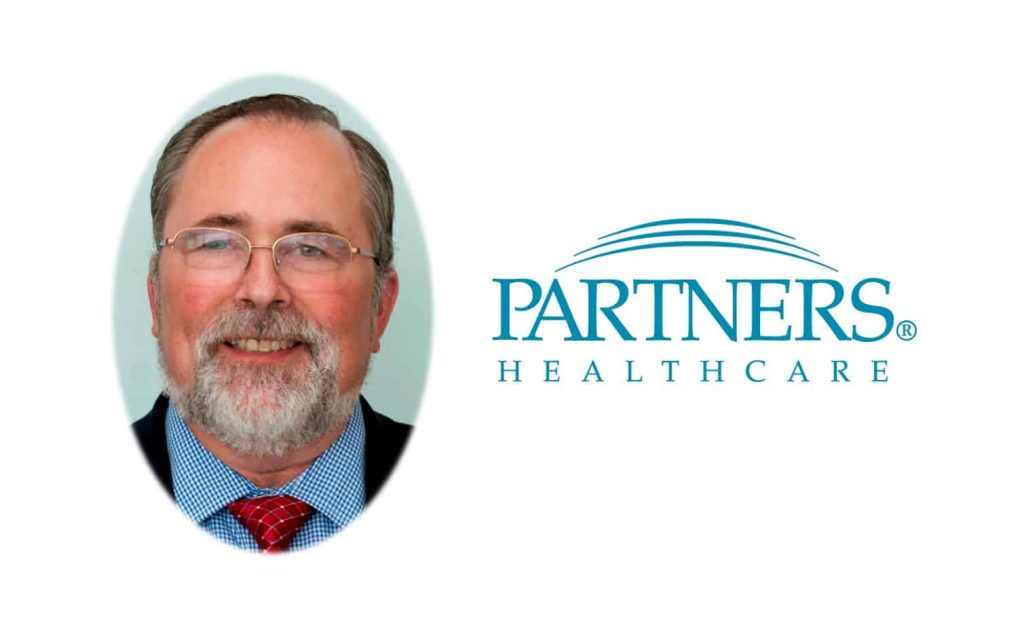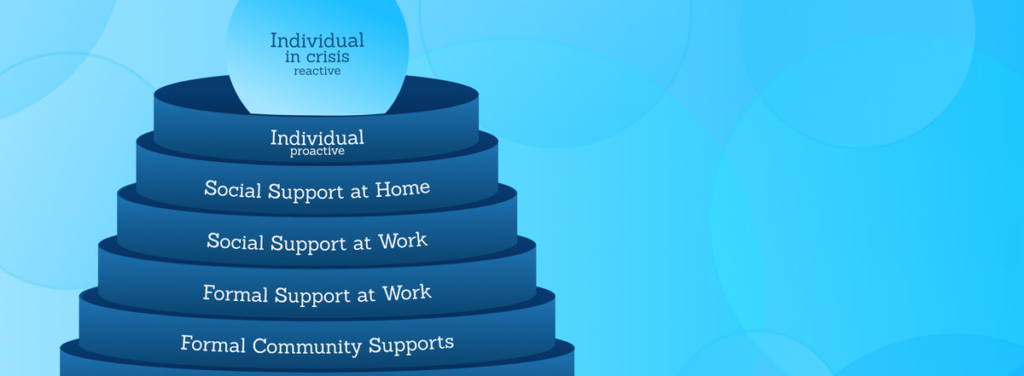The healthcare industry is rapidly changing. Patients – aka consumers – are demanding more control of their healthcare, particularly within younger generations. They expect access to their health-related data, self-serve healthcare options, and on-demand services. To meet these expectations, healthcare and wellness companies are incorporating new and innovative technologies that blur the boundaries between fitness, well-being, and traditional healthcare, which has significant regulatory implications.
We spoke with Jim Noga, CIO of Partners HealthCare, to hear his perspectives on how technology is effecting rapid change in healthcare.
What do you think will be the biggest innovations in healthcare tech in the next 10 years? Cancer diagnostic and therapies will be the disease area of greatest innovation. Technology wise, precision medicine and distance health will have the largest impact by number of people. Cell based therapy will be hugely disruptive.
Where do you think there are areas of opportunity for Massachusetts healthcare tech companies to lead? In addition to its global leadership in therapeutic and diagnostic technology, Mass has the opportunity to lead at the intersection of technologies.
What are the biggest challenges now and in the foreseeable future for the healthcare sector? Efficiently diagnosing and managing patients in a way that reduces the expense by only delivering technology to those who will respond and also structuring clinical trials the same way.
What is data’s role in healthcare tech and how do you see it influencing future innovations or sector growth? It is hard to overstate the impact of data, its capture, aggregation and deployment into clinical workflows.
What legislative policies are having the biggest impact on the healthcare tech sector and why? Increasing reporting burdens that are not thought through for their cost and administrative burdens.
What are you most excited about that you’re working on now? The ability to seamlessly interact with patients and populations where the capture and deployment of information that will affect health is intuitive and lifelong.
How do you see IT/data being used to improve operations and patient care delivery across your network? Information technology is integral to improving health care delivery, allowing clinicians to improve patient outcomes, enabling researchers to find the cures and treatments of tomorrow, all while making the delivery of health care more efficient and cost effective. Electronic medical records offer our care providers with readily accessible information about their patients as well as advanced clinical decision support to help make the best treatment decisions possible. IT also enables researchers to collect vast amounts of information on patients – including structured data, unstructured text, images, genetic and genomic information, and use it to identify the cause of disease and predict the best treatment plans. Additionally, IT platforms for patient portals or virtual visits allow exchange of information between patients and providers in a manner that is convenient and engaging for our patients in a manner that is ultimately more efficient and lower cost.



